 |
 |
 |
|---|
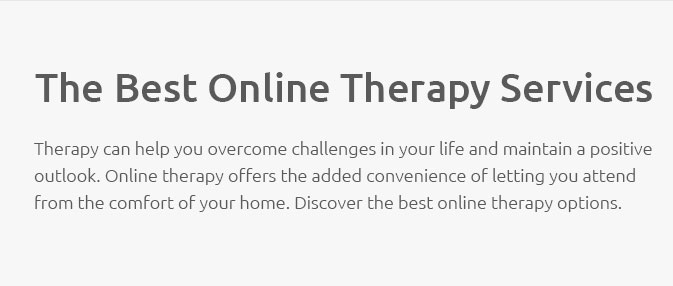 |
 |
|---|
 |
|
|---|---|
 |
 |
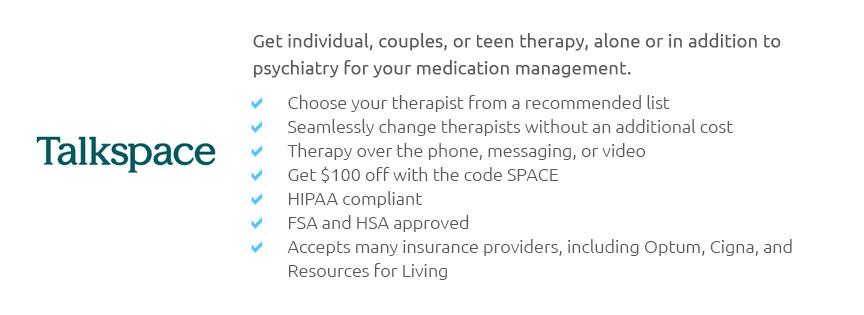 |
 |
 |
 |
 |
 |
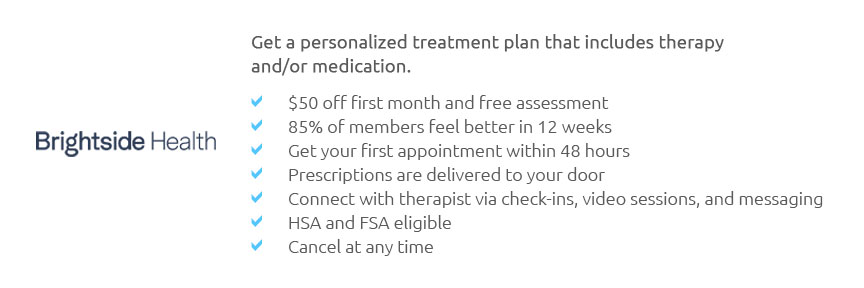 |
 |
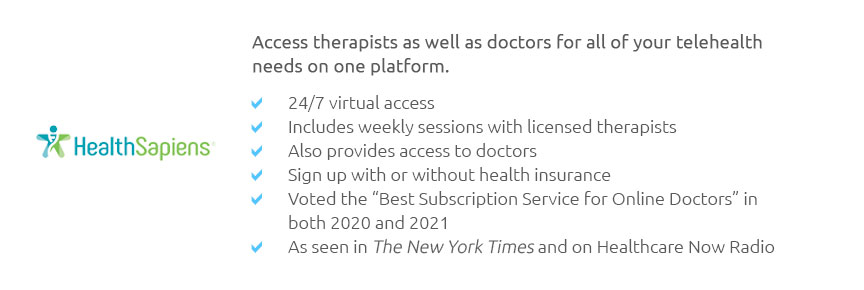 |
 |
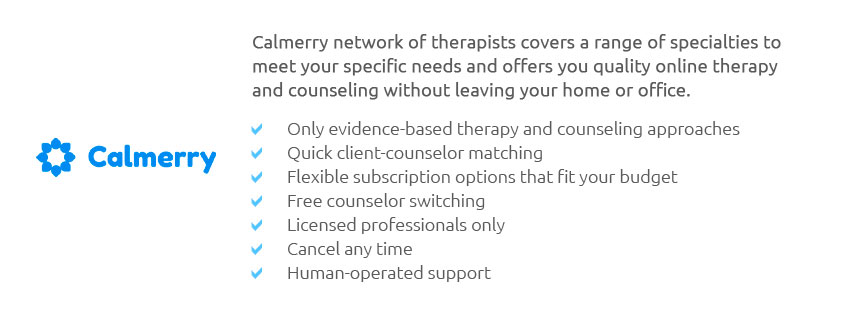 |
 |
 |
 |
|---|
Does Video Therapy Work? Exploring Its Effectiveness and BenefitsUnderstanding Video TherapyVideo therapy, also known as teletherapy or online therapy, has become increasingly popular. This form of therapy involves conducting sessions through video conferencing platforms, providing a flexible alternative to traditional face-to-face sessions. Advantages of Video Therapy
Challenges to Consider
Effectiveness of Video TherapyResearch indicates that video therapy can be as effective as traditional therapy for many mental health conditions, including anxiety and depression. Studies have shown that the therapeutic relationship and the skills of the therapist play crucial roles in the success of therapy, regardless of the medium. For those considering starting therapy, finding a reputable counselor or therapist near me can help ensure that the chosen method aligns with personal needs and preferences. Is Video Therapy Right for You?Factors to Evaluate
Ultimately, the decision depends on individual circumstances and preferences. Some may prefer the face-to-face interaction of in-person therapy, while others may find the convenience of video therapy to be more beneficial. For those living in specific areas, you can easily find a therapist austin who offers both in-person and online sessions, providing flexibility and choice. FAQWhat equipment do I need for video therapy?You need a reliable internet connection, a computer or smartphone with a camera, and a private space to conduct the session. Is video therapy covered by insurance?Many insurance companies now cover teletherapy sessions, but it is important to check with your provider for specific details. Can I switch between in-person and video sessions?Yes, many therapists offer hybrid models that allow clients to choose between in-person and video sessions based on their needs. https://www.uclahealth.org/news/article/is-online-therapy-right-for-you
CBT in any format can work to relieve the symptoms of anxiety and depression. But online therapy can make it easier for some people to get and ... https://www.betterhelp.com/advice/therapy/is-video-therapy-effective/
Again, research suggests that online therapy via video or audio can be as effective as in-person sessions in many cases, so it may be worth ... https://www.reddit.com/r/TalkTherapy/comments/10djqw4/i_just_started_reading_articles_about_how_online/
Numerous studies have shown that online therapy can be just as effective as in-person therapy, which makes sense as the number one factor ...
|
|---|